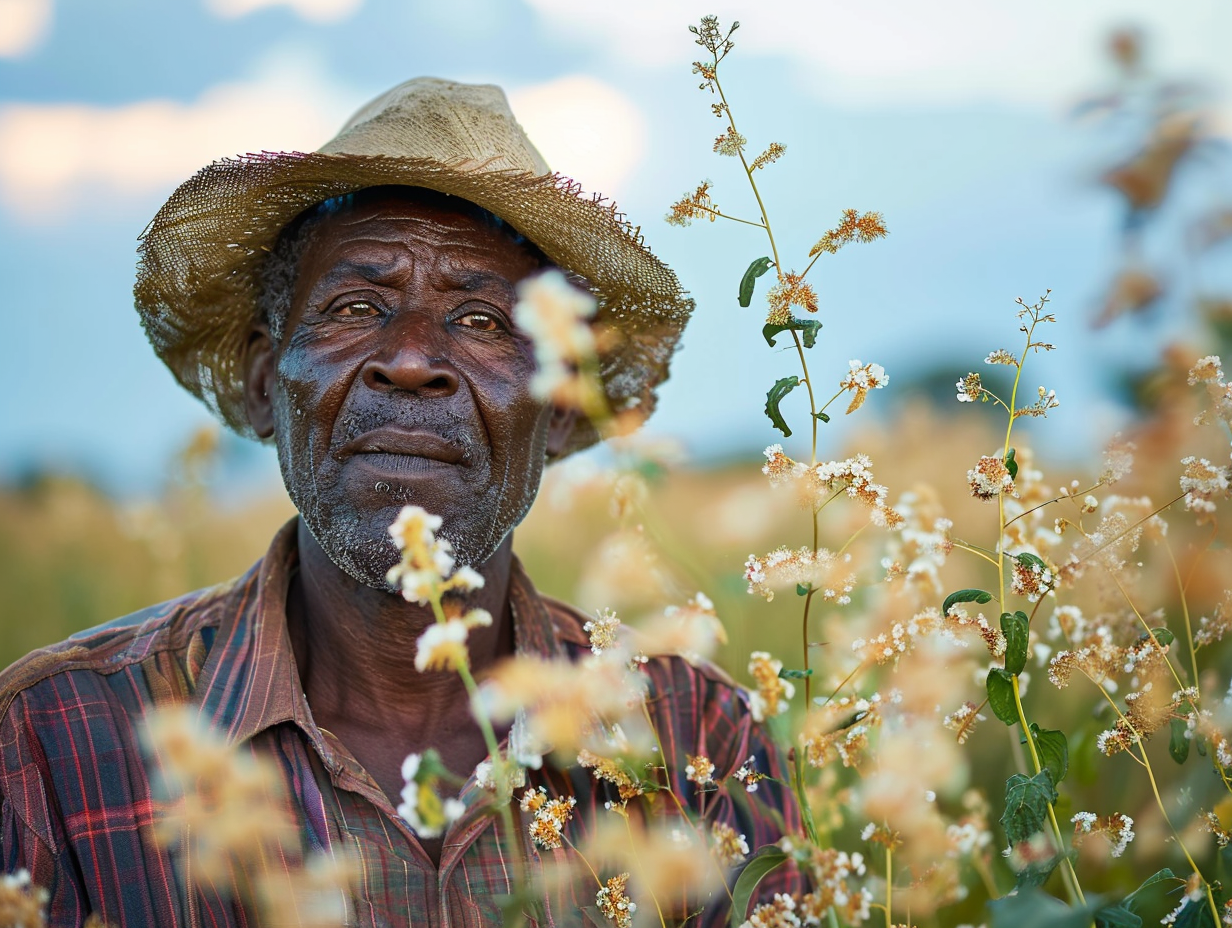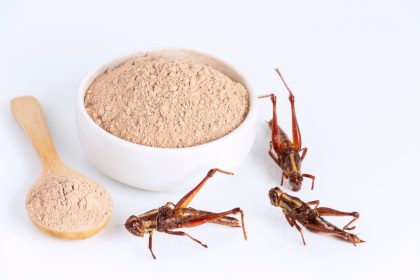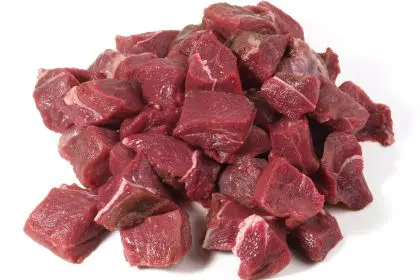Maggot farming is transforming agriculture in Zimbabwe, offering a sustainable, cost-effective solution to food security and environmental challenges. In the rural community of Nyangambe, farmers like Mari Choumumba are redefining traditional farming methods by raising black soldier fly larvae. This innovative approach not only cuts costs but also supports a more resilient agricultural system amid climate change and economic pressures.
The rise of maggot farming in Zimbabwe
When the concept of maggot farming was first introduced in Nyangambe, skepticism abounded. Many farmers, including Choumumba, were initially alarmed. Concerns about flies spreading disease, especially in a region affected by cholera outbreaks, fueled hesitation. However, government and USAID experts emphasized that the black soldier fly does not carry disease and offers substantial benefits.
Overcoming fear with education
Education and awareness campaigns played a crucial role in changing perceptions. Choumumba, now a dedicated maggot farmer, manages a thriving operation that feeds organic waste to black soldier fly larvae. This practice provides her with a steady supply of protein-rich chicken feed, drastically reducing costs and improving the health of her livestock.
Economic benefits for farmers
Maggot farming has significantly eased the financial burden for rural farmers. Before adopting this method, poultry feed costs were prohibitively high, with a 50-kilogram bag often exceeding $35. Today, farmers like Choumumba save up to 40% on feed costs. Francis Makura, a USAID specialist, highlights how this innovation has become a lifeline for many struggling farmers.
The science behind the innovation
The black soldier fly is at the heart of this agricultural revolution. Known for its ability to consume vast amounts of organic waste, the larvae convert kitchen scraps and agricultural byproducts into high-quality protein. According to agricultural scientist Robert Musundire, maggot-derived protein surpasses traditional sources like soya in nutritional value.
The lifecycle of the black soldier fly is rapid, with each female laying up to 900 eggs. This efficiency makes maggot farming a scalable solution for both small-scale and commercial farmers.
Climate resilience and global impact
As climate change continues to disrupt traditional farming across Africa, maggot farming offers a practical solution. In addition to Zimbabwe, countries like Uganda, Nigeria, and Kenya are exploring similar initiatives. These efforts are part of a broader strategy to bolster food security and reduce reliance on costly imported feeds.
Zimbabwe’s government has launched pilot programs to help farmers adapt to climate-related challenges, including droughts and cyclones. Maggot farming is central to these efforts, providing a reliable source of livestock feed even in adverse conditions.
Environmental benefits of waste management
Maggot farming also addresses environmental concerns. Zimbabwe generates approximately 1.6 million tons of waste annually, with a staggering 90% being recyclable or compostable. By diverting food waste to maggot farms, communities can significantly reduce greenhouse gas emissions.
Musundire’s university project alone processes over 35 metric tons of food waste each month, converting it into valuable livestock feed. This initiative not only mitigates waste but also contributes to a circular economy where resources are continuously reused.
Changing community perceptions
Initially, only a small percentage of farmers were willing to embrace maggot farming. However, as the benefits became evident, acceptance grew. Today, nearly 50% of farmers in Nyangambe are involved in maggot farming, up from just 5% a year ago.
Choumumba’s success story is a powerful example of this transformation. Once hesitant, she now proudly manages a thriving maggot farm that supports her family and provides affordable feed to her community.
Social and economic empowerment
Beyond the immediate financial benefits, maggot farming empowers rural communities by fostering self-sufficiency. Farmers no longer rely solely on expensive commercial feeds, which often fluctuate in price. Instead, they have a consistent, locally sourced alternative that strengthens their economic resilience.
Choumumba’s journey from skepticism to success underscores the potential of innovative farming practices. Her story inspires others to explore unconventional solutions and highlights the importance of adaptability in agriculture.
A model for sustainable agriculture
Maggot farming in Zimbabwe is more than a novel idea—it’s a blueprint for sustainable agriculture in Africa and beyond. By addressing both economic and environmental challenges, this practice offers a holistic approach to food security.
As global demand for sustainable solutions grows, the lessons learned from Zimbabwe’s maggot farming initiative could provide valuable insights for other regions. The ability to turn waste into a resource not only benefits farmers but also contributes to a more sustainable planet.
Conclusion
Maggot farming is revolutionizing agriculture in Zimbabwe, offering a cost-effective, sustainable solution to pressing challenges. Farmers like Mari Choumumba are leading the way, proving that innovation and resilience can drive meaningful change.
This transformative practice not only reduces costs but also supports environmental sustainability by repurposing waste. As more communities embrace maggot farming, the potential for widespread impact grows. Zimbabwe’s success story serves as a testament to the power of innovation and the importance of adapting to new realities in agriculture.











